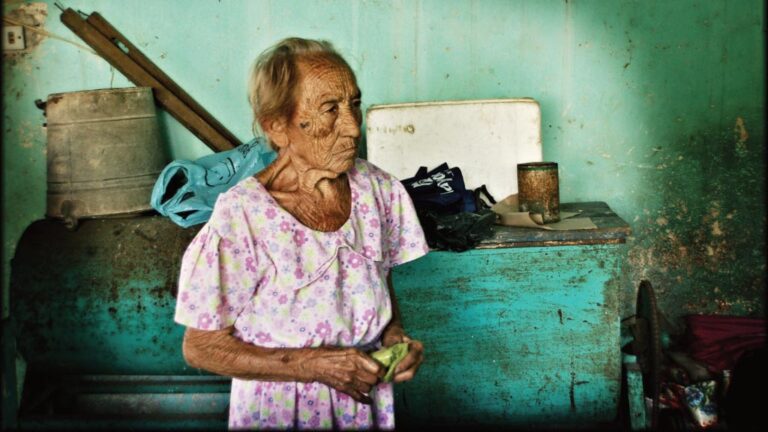The film ROMA portrays the life of an indigenous woman in Mexico and has sparked a debate about the working conditions for indigenous domestic workers in the country. Discrimination, violence and no working security are some of the risks that make up the daily work life for many of the marginalized women.
In October of 2018, Alfonso Cuaron and Netflix released the film “ROMA”. Its main protagonist, a young indigenous woman named Cleo, is the domestic worker for a middle-class family during the ’70s in Mexico City. The movie is focused on the social reality of women from indigenous populations in Mexico, employed as domestic workers. Even though the movie is settled around 50 years ago, the situation hasn’t changed.
Behind the media circus that surrounded the film and the lead actress Yalitza Aparicio lies an uncomfortable truth: many indigenous women in Mexico, who are looking for a way out of poverty in rural communities, end up being subjected to violence, discrimination and hard working conditions. The young women leave their homes in the countryside in hopes of a better future in the country’s bigger cities.
Unfortunately, for many, the change is not what they expected. Domestic work is seen as an easy solution to unemployment, and sometimes even as a “temporary job” that will provide some stability while adjusting to a new reality. However, because of the lack of protection and recognition from the state, many, if not all of these workers, end up working in working conditions akin to slavery. A lack of access to labour rights contributes to this challenging situation.
This situation is possible because in Mexico, as in many countries of Latin America, domestic work is still not legally considered as a “work” by the state laws. For that reason, the employer is not obligated by law to give these domestic workers any labour rights such as minimum wage, sick leave, maternity leave or health insurance. Also, due to the large number, 2.4 million people in Mexico working in domestic work, the state can’t manage the challenge of securing workers’ rights and decent work conditions for them.
Even though the situation looks dire for this section of the population, there have been some positive changes. In 2015, the syndicate for domestic workers was founded and recognized by the Mexican state, and for the first time giving the domestic workers the opportunity to be represented and to be defending working rights. Furthermore, in December 2018, the Supreme Court of Justice in Mexico recognized the right of domestic workers to be registered and have access to the public health system, with the aim of having all of the workers registered by the end of 2021.
In the end, even though the situation remains dire for the vast majority of domestic workers, and we cannot really know the magnitude of the problem as they live in a grey area between legality and illegality. However, thanks to efforts like “ROMA” and the new syndicate the situation is changing. By letting people know, especially the workers, that they have rights and should be respected, change is slowly coming about.


